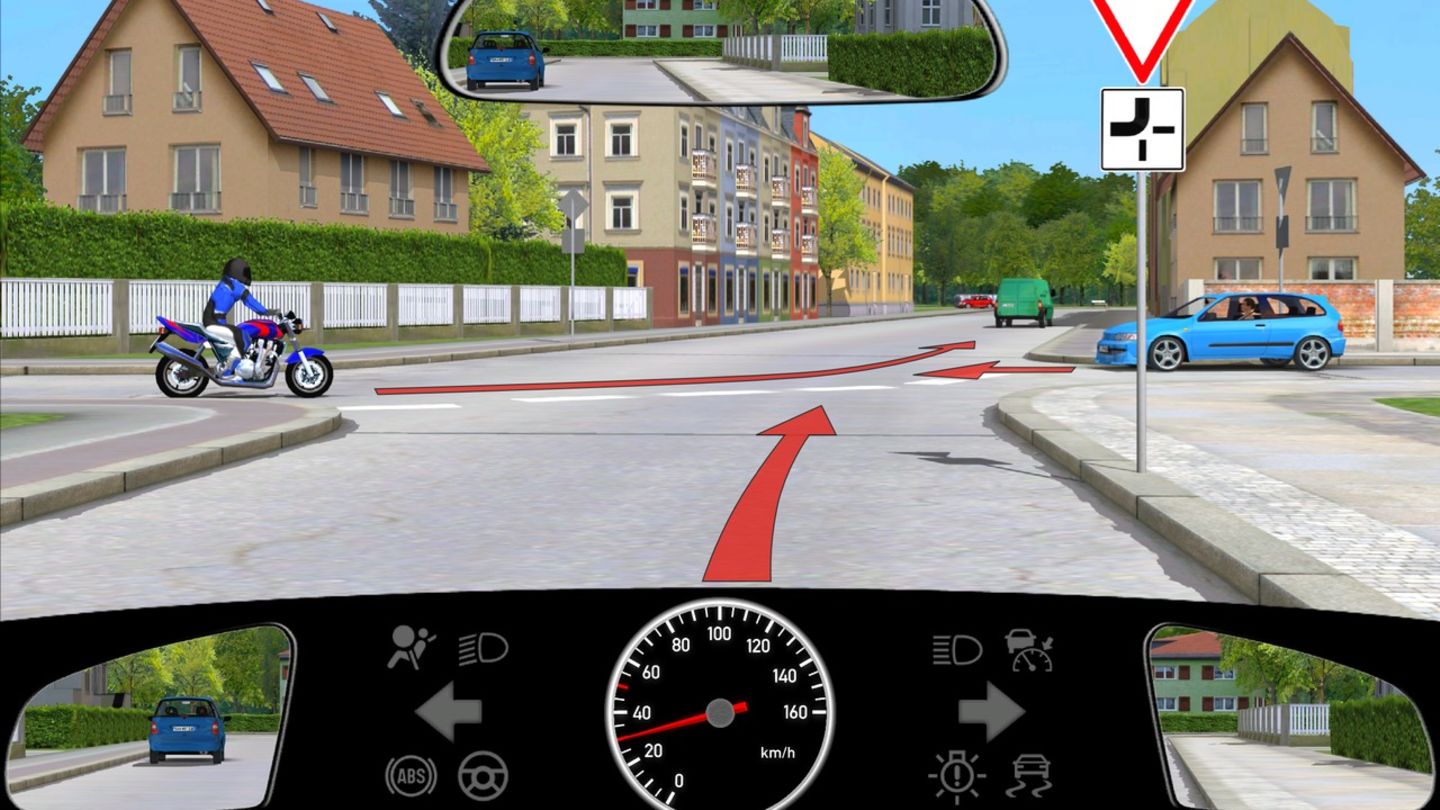The basic child security can come. The traffic light coalition reached agreement after an hour-long night session with Chancellor Scholz. But there could still be changes.
It was the reason for months of trouble between the Greens and the FDP: Now, shortly before the cabinet meeting at Meseberg Castle, the traffic light coalition has agreed on basic child security. Some of the negotiations were “really tough,” said Family Minister Lisa Paus when the results were presented in Berlin. “But it was worth it.” According to the Greens politician, additional costs of 2.4 billion euros are initially estimated for the introduction of basic child security in 2025.
Up to 5.6 million families threatened by poverty and their children would receive the services faster, easier and more directly, said Paus. The result is the most comprehensive social reform in many years. Government circles said that with increasing use of basic child security services, the costs could also rise to up to six billion euros in the following years.
Finance Minister Christian Lindner (FDP) assumes that the federal government will not be able to finance any further major social reforms for several years after the basic child security system. Basic child security will cost around 400 million euros more in 2025 than previously planned. “This further increases the need for action that we will have in the 2025 budget,” he said. “Which is why I venture the prognosis that, looking ahead to the next few years, basic child security will be the last major social reform that still fits into the federal budget.”
The Greens and the FDP had been arguing about the financing for months and finally agreed on Monday night. Family Minister Paus initially wanted 12 billion euros per year for the project. Finance Minister Lindner named a sum of only 2 billion euros as a “note item”.
Changes possible
On Sunday evening, Chancellor Olaf Scholz (SPD), Paus and Lindner met for talks in the Chancellery and came to an agreement. Lindner had previously said in the ZDF “summer interview” that he expected a quick agreement on key points. After that, associations and states would be involved, and only then would there be a finished draft law that would go to the Bundestag.
SPD faction leader Rolf Mützenich also pointed out that changes in the parliamentary procedure are still possible. Parliament and the SPD parliamentary group would possibly “specify” one or the other of the draft law, said Mützenich on Monday in the ARD “Morgenmagazin”.
In their coalition agreement, the SPD, the Greens and the FDP agreed to introduce basic child security. Previous benefits such as child benefit, benefits from the citizen benefit for children or the child allowance are to be bundled in it. With more transparency and with the help of a central platform, many families are to be reached who, due to ignorance or bureaucratic hurdles, have not been able to access the funds to which they are entitled.
Chancellor Scholz welcomed the agreement, as deputy government spokesman Wolfgang Büchner said. Scholz was sure that he would come to an agreement by the end of August, and that was so successful.
Criticism from child protection organizations
Child protection organizations and social associations, on the other hand, are dissatisfied with the agreement. “What the federal government is proposing is disappointing. This is not basic child security,” commented the President of the Child Protection Association, Sabine Andresen. The German Children’s Fund also found that the agreement fell short of expectations.
The joint general association and the social association VdK also described the agreed basic child security as disappointing. Poverty researcher Christoph Butterwegge was even “horrified”. What remained was a “shrink version”, criticized Butterwegge. “If the basic child security only brings together a few child-related state benefits that previously had to be applied for separately, partially overlap and are paid out individually, the reform will not bring any financial improvement for the majority of poor families.”
Source: Stern
I have been working in the news industry for over 6 years, first as a reporter and now as an editor. I have covered politics extensively, and my work has appeared in major newspapers and online news outlets around the world. In addition to my writing, I also contribute regularly to 24 Hours World.




